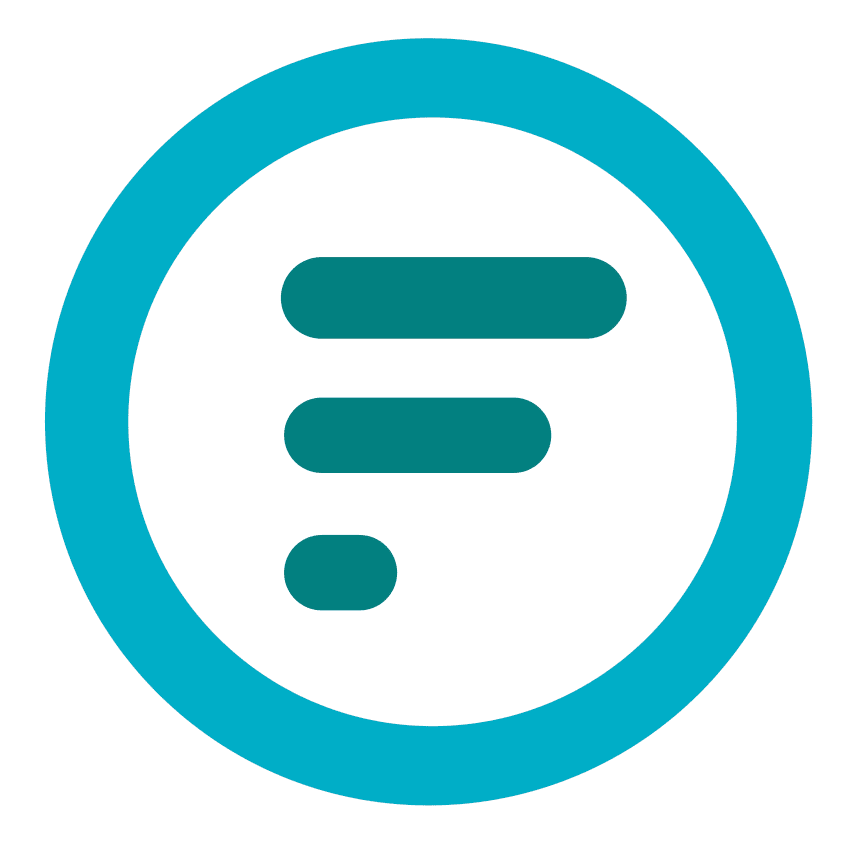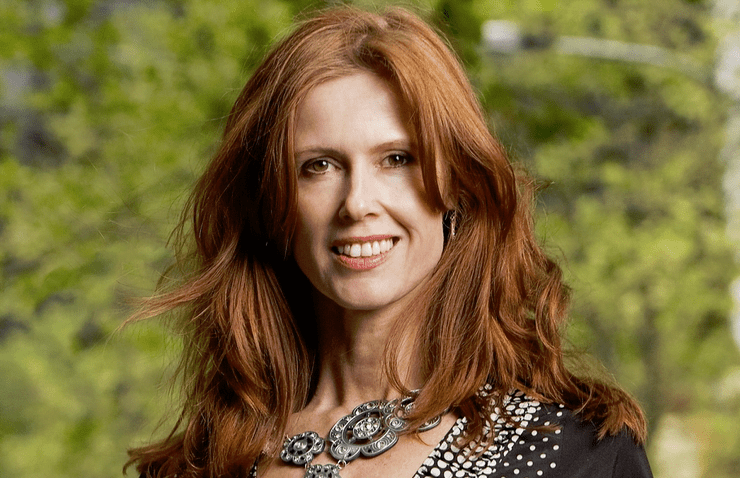Borrowed from: A Mildly Terrifying Conversation About AI With Dr Catriona Wallace
Dr Catriona Wallace gave one of the keynote speeches at the Customer-Owned Banking Association conference in September.
She is an expert in the field of Artificial Intelligence, an adjunct professor, Australian government advisor on AI, founder of one of the first Artificial Intelligence companies to list on the Australian Securities Exchange and the co-author of the book Checkmate Humanity: the how and why of Responsible AI.
She’s also apparently on a show called Shark Tank.
Below is an excellent short interview Dr Wallace did with The Latch.
With all the talk about ChatGPT this year, it can feel like AI has really burst onto the scene this year. Of course, we know that’s not the case, but Dr Wallace says that AI has actually been around for even longer thn we might realise.
“The AI sector, the term AI was originally coined in 1956 at Dartmouth University, so it’s 70 years in the making, really,” Dr Wallace says. “So even though it feels to the general public [like an] overnight pop… that generative AI’s just out there, we know it’s been coming for a long, long time.”
Dr Wallace finished her PhD in 2007. Her thesis focused on “the role that computer technology played in replacing human leaders”.
After launching “one of Australia’s very first AI startups” in 2013, Dr Wallace says that “things have grown so rapidly” over the time she has been in the industry.
Will AI Replace All Our Jobs?
With all the talk about whether AI will replace jobs in the future, we were were curious to know Dr Wallace’s thoughts on the matter. How will AI like ChatGPT and other artificial intelligence transform our work lives in the future?
“So the statistics at the moment are that AI should be able — for really any person’s job, if you’re using AI in your job — to increase your productivity by 40%, or take away 40% of the tasks that you do manually now, or do with some technology that’s not very good,” she says, noting that these are current statistics rather than predictions for the future.
“We also know that 22% of all the jobs that are advertised as open jobs in the world are now being filled by AI, rather than humans,” she continues. “We’re seeing that happen.”
So, should we be worried? Not necessarily, Dr Wallace says.
“I would say [that] the best way to think of AI for the future of work is that it should be your co-pilot,” she says. “It should be your machine mate, it should be your teammate that helps you do your work.”
Dr Wallace says that currently, she finds that when she uses ChatGPT in her work, “it’ll get it about 60% right”.
“I’ve got ChatGPT to write advertising strategy for one of my Shark Tankinvestments, and I reckon it got it about 60% of the work done, and then I need to do a bit more work,” she says. “So I think there’s no job that’s immune from it, and at the moment, it’s about productivity.”
What People Get Wrong About AI
The main misconception that people have about AI, Dr Wallace says, is the belief that they’re not already using it everyday.
“At the moment, you and I probably interact with AI maybe 35 times a day,” she says. “That would be on average. Teenagers would interact with AI about 150 times a day, and they don’t even know that they’re interacting with AI.”
You see, AI isn’t just ChatGPT and the like.
“It’s getting close to being the foundational component of most of our technology,” Dr Wallace says. “So it is kind of stealthily sneaking into everything we do, and providing enormous benefits, whether it’s searching, or sat-nav, or music selection, or Netflix recommendations, or content generation or scheduling timetables.”
The result, she says, it somewhat of a double-edged sword.
“It’s hugely beneficial, and it’s fantastic,” she says. “But the truth is we just don’t know where it’s headed, and when AI starts to learn on its own accord, we don’t know how it does that.”
Is AI Dangerous?
Given that we don’t know where AI is headed, I wonder, half-joking, if we’ll look back on the development of it in the same way that we do the nuclear bomb. Will we get Oppenheimer (AI’s Version) in 50 years’ time?
“Well it’s very interesting, and we do nervously laugh about it,” Dr Wallace begins. “But if you look at the existential risk literature — existential risk means the ability for something like a nuclear bomb, like a pandemic, like an asteroid, to wipe humanity out by the end of the century or to severely limit humanity’s potential — if we look at the statistics on that, the number one existential risk, ahead of nuclear war, climate change and pandemics, is in fact AI, with a one in 10 chance that AI will destroy humanity by the end of the century.”
She continues: “A pandemic is a one in 30, and climate change is a one in a thousand chance that it will destroy humanity by the end of the century.”
Dr Wallace goes on to say that “a very serious consideration that all humans should be contemplating now is, ‘In what ways is [this technology] going to cause severe harm to humanity?’
“And there are numerous ways that that could potentially occur,” she adds.
Why Is AI Dangerous? How AI Could Destroy Humanity
If AI has the potential to end humanity as we know it, how would that happen? Would we see M3GAN happen in real life?
Dr Wallace laughs.
“We’re not going to see a killer robot,” she says. “What we’ll see is a thing called the multiplier effect. So this is nuclear war meets AI, which is ramping up climate change, fuelled by AI.”
She goes on to explain that “this would be AI in the hand of bad actors, shutting down all of the infrastructure for power and transport”.
“It could be AI shutting down the whole financial system and you know, just breaking all of society’s structures,” she says. “So all of that, we call the multiplier effect, can potentially happen in the hands of bad actors.”
She pauses.
“Or, if the machines develop enough of their own awareness that they start to take over their human masters, which is entirely possible.”
The Need for an AI Safety Regulator
Given that AI has the potential to destroy life as we know it, you’d think it would be something that would be heavily regulated by the law. Currently, that’s not the case.
“At the moment, other than in Chile, there [are] no real laws specifically written that control AI,” Dr Wallace says. “There are regulations such as we have with the human rights commission and the e-safety commission that are around digital technology, that AI might loosely fit in, but otherwise, there is no regulation.”
It’s something that Dr Wallace is working to change.
“I have been calling publicly along with some other leaders for an AI safety regulator in the next two to three years in Australia,” she says.
Having an AI safety regulator in Australia is “very important, super important”, Dr Wallace says, and not just because of the potential dangers.
“It’s not Australian companies that are writing all this AI,” she explains. “Most of it’s Silicon Valley companies, so Australia risks becoming a backwater country where Silicon Valley entrepreneurs come to make money very soon if we don’t step up.
“We’ve got only a tenth of the investment into AI per capita than the US has,” she explains. “Unless we step into this a lot deeper, [with] more investment, and more from the government and business than we are, then we’re going to be very far behind the rest of the world.”
How to Navigate Life With AI
The reality is, AI is going to impact all of our lives. The question, then, is how do we navigate life with AI? What tips and tricks are there that can help us on our way?
“We might be happy that it does take over our lives, if it’s done really well,” Dr Wallace says. “That’s the thing.”
“There are two ways I wanna answer that question,” she says. “One is just for people getting started. I think it’s really good to just read everything you can on AI, because a lot of it’s not technical. A lot of it’s easy to read, and then start to play and experiment with it.”
Some easy ways to dip your toe into the world of AI, Dr Wallace says, are to play around with ChatGPT, or “looking at other apps that are AI based” and free to use online.
“In the workplace, you should be putting pressure on your bosses to bring some AI in to be a co-pilot or help you with your work,” she continues. “You should be requesting that, and not to be fearful of it. They’re all the good things.”
Final Thoughts
The main takeaway about the rise of AI, Dr Wallace says, is that “it’s just inevitable”.
“It’s not a fad, it’s going to come,” she says.
On the horizon, she adds, is that “the world will change again in February next year”. Why? That’s when Apple’s Vision Pro glasses will hit the market.
She explains: “When Apple comes to market with anything, then it becomes mainstream.”
She laughs. “Even though the goggles are $5,000, which is ridiculously expensive! The world changes again.”


